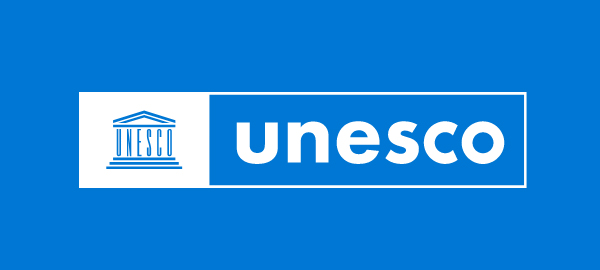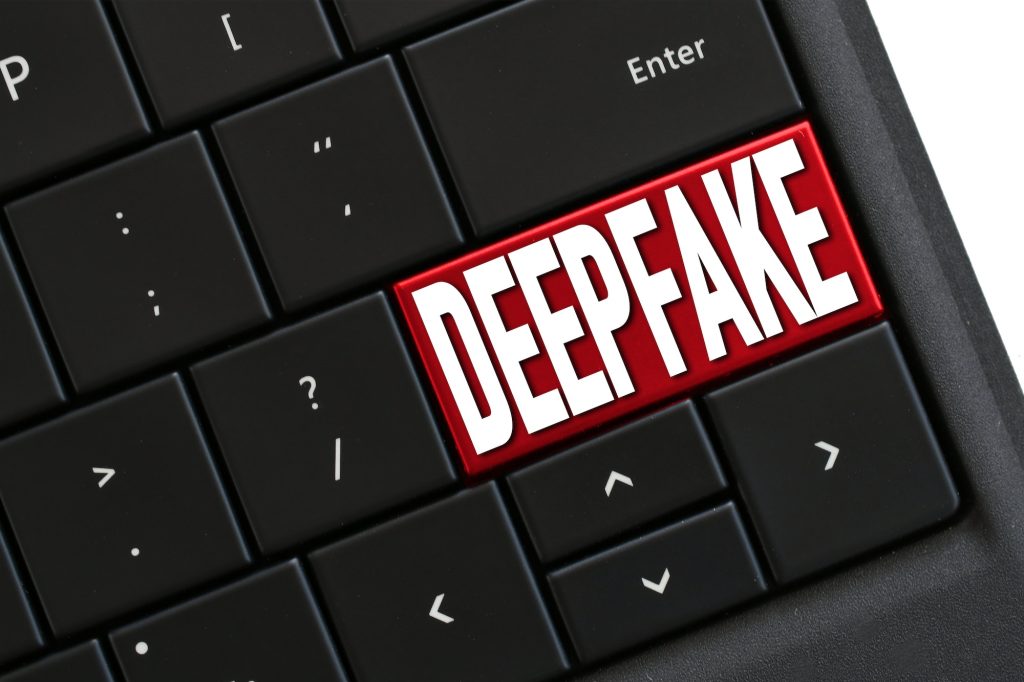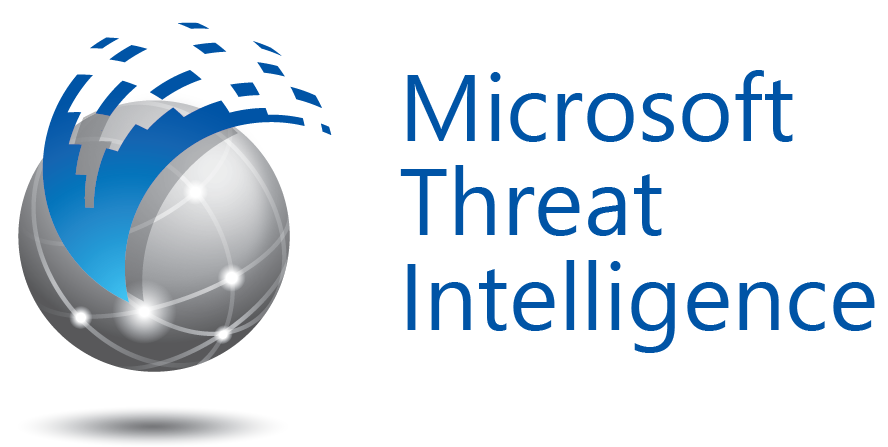
6 – 13 June 2025

Dear readers,
In this week’s edition, we spotlight the EU’s International Digital Strategy, a landmark blueprint that marks a clear evolution from the EU’s traditional values-driven approach to a more assertive, interest-based digital policy.
Essential strategic priorities of the International Digital Strategy:
At its core, the EU’s International Digital Strategy aims to: (1) strengthen the EU’s position as a global tech power through secure infrastructure, digital trade, and AI leadership; (2) build a resilient ecosystem for cybersecurity, semiconductors, and emerging technologies like quantum and 6G; (3) scale trusted digital partnerships worldwide via instruments such as Global Gateway, Digital Partnerships, and Digital Trade Agreements; (4) promote interoperable Digital Public Infrastructure and digital identities; and (5) shape global digital governance by anchoring multilateral cooperation and advancing human-centric standards.
These strategic pillars reflect the EU’s ambition to lead by example, combining innovation, security, and ethical digital leadership to set up and uphold a safe, solid, and interest-based digital policy in a quite cyber-fragmented world.
Cybersecurity: main news of the week
This week, Interpol launched a sweeping crackdown on global cybercrime networks just two days after the FBI issued a warning about the resurgence of BADBOX 2.0, a dangerous form of malware infecting millions of consumer electronics globally. Meanwhile, Donald Trump signed a new executive order revamping US cyber policy, expanding sanctions and sharpening the nation’s digital defences.
Quantum computing developments
Quantum developments are coming at light speed this week, quite literally, as a surprise photonic experiment showed quantum light outsmarting AI itself. Paris has just gone live with a quantum-secure communication network, while IBM has set 2029 as the finish line for a game-changing quantum system. Meanwhile, Oxford physicists have achieved record-breaking qubit precision. As if that were not enough, UK-based OQC has unveiled its audacious vision: a 50,000-qubit quantum leap.
Crypto corner
Crypto markets are riding a wave of political drama and regulatory shifts. South Korea’s new president is pushing his stablecoin legislation, contributing to the worldwide trend of crypto adoption. The US Senate, similarly to South Korea, is inch closer to passing the GENIUS Act, and Bank of America is gearing up for a dollar-backed stablecoin. Meanwhile, a Trump–Musk feud sent memecoins into a frenzy, briefly boosting trading before Dogecoin plunged over 10% amid investor jitters. And all eyes are on Japan, where a central bank policy twist could ignite Bitcoin’s next big surge.
Deals and investments
Big Tech is going all in on AI this week. The UK has teamed up with leading tech giants to supercharge AI training, while Amazon is pouring $20 billion into AI infrastructure to stay ahead of the compute race. Not to be outdone, Meta has inked a massive $15 billion deal with Scale AI, betting big on next-gen data pipelines.
AI and education
AI is making the grade, but not without raising questions. The UK government is backing AI tools to ease teachers’ administrative burdens, while EU schools begin adjusting to the demands of the new AI Act. In higher education, the verdict is still out: AI promises efficiency and innovation, but also sparks concern over student dependency and institutional integrity.
Semiconductor industry
Semiconductor innovation is accelerating at breakneck speed, powering the next generation of AI, and companies like TSMC are cashing in big, with soaring revenues driven by insatiable demand for AI chips.
Last week in Geneva

The Final Brief on the WSIS+20 High-Level Event 2025 took place on Tuesday, 10 June, in Geneva, with remote participation available. Organised as part of the ongoing WSIS+20 process, the session provided a retrospective on the Open Consultation Process meetings, outlined the agenda highlights and key elements of the upcoming WSIS+20 High-Level Event 2025, presented a vision for the future of the WSIS process, and explained the next key steps in the WSIS+20 overall review by the UN General Assembly.
The 113th Session of the International Labour Conference (ILC), convened by the International Labour Organization (ILO), started on 2 June and is wrapping up today, 13 June. This year’s agenda includes pivotal discussions on: Protection against biological hazards at work; Decent work in the platform economy; Innovative approaches to tackling informality; Tripartite input to the Second World Summit for Social Development; Amendments to the Maritime Labour Convention.
For the main updates, reflections and events, consult the RADAR, the READING CORNER and the UPCOMING EVENTS section below.
Join us as we connect the dots – from daily updates to main weekly developments – to bring you a clear, engaging monthly snapshot of worldwide digital trends.
DW Team
RADAR
Highlights from the week of 6 – 13 June 2025
As global tech rivalries intensify, the EU is charting a bold new course that redefines digital diplomacy as a tool of strategic power rather than just a mirror of its…
Partner countries must meet OECD standards to exchange crypto asset information with Switzerland.
Under the Digital Services Act, large platforms face a 0.05% fee, but Meta and TikTok argue that the method used to determine it is unclear and excessive.
As concerns mount over the digital well-being of young users, a growing movement within Europe aims to redefine what it means to be a child in the online age.
New policy restricts third-party use of X data for AI.
FCA removes hundreds of misleading finance posts from social media.
Editors warned that AI summaries could undermine Wikipedia’s core values, replacing collaborative accuracy with unverified, centralised outputs.
As Africa’s digital landscape rapidly evolves, new alliances and fresh perspectives are emerging to shape the continent’s cybersecurity future from within.
Claude Gov reflects Anthropic’s strategic move into government contracts.
A major UAE AI hub faces delays over US national security concerns.
Despite warnings, Midjourney reportedly ignored copyright concerns and continued upgrading its image service, prompting legal action from Disney and Universal.
READING CORNER
The EU’s International
Digital Strategy 2025 shifts focus from a values-centric approach to prioritising geopolitical and economic security. While it retains a commitment to human rights, the new strategy emphasises resilience, competitive tech development, and secure infrastructure, particularly in defence-related technologies.Citicorp Centre nearly collapsed because no one questioned the building code. What does that say about international law? When rules replace reality, disaster isn’t far behind. Aldo Matteucci writes.
A high-stakes game of digital chance, meme coins blur the line between viral entertainment and financial risk in the wildest corner of crypto.
An in-depth analysis of the escalating feud between Harvard and the Trump administration over federal funding, international students, and academic freedom.
UPCOMING EVENTS
Leaders from Canada, France, Germany, Italy, Japan, the UK, and the USA, along with the EU, and invitees Australia, Mexico, and Ukraine, will convene to discuss a wide range of…
This session provides a key platform for the international community to discuss, promote, and protect human rights worldwide.
This year’s edition of the UN Open Source Week underscores the importance of shared digital infrastructure and inclusive governance in achieving the objectives of the Global Digital Compact (GDC).
This year’s session will focus on key governance and operational matters, including the review and adoption of the 2026–2027 biennial budget, oversight of ITU programmes, and strategic planning for the…

































































































































































